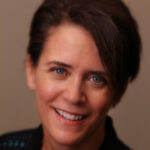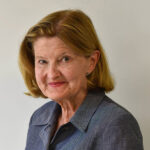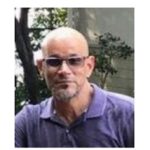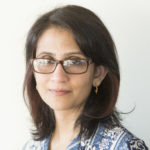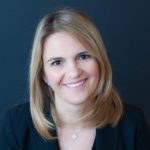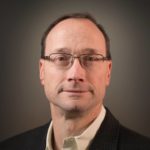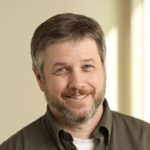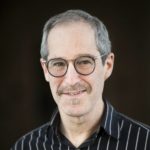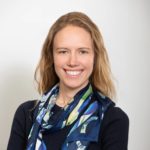Charla Rath
Charla Rath is current co-chair of the Commerce Spectrum Management Advisory
Committee (CSMAC) and former Verizon Vice President – Wireless Policy Development. At Verizon, Charla was responsible for developing and managing the company’s public policy initiatives related to spectrum management, particularly focusing on alternative spectrum auction mechanisms and sources of spectrum for next generation wireless networks, including 5G. Previously at Verizon Wireless, alongside the company’s business development and network planning groups, Charla identified and addressed the key policy and regulatory issues that enabled Verizon Wireless to secure a nationwide spectrum footprint.
Prior to joining Verizon Wireless, Charla was Vice President – Strategic Affiliations, of NextWave Telecom Inc. and Vice President of Freedom Technologies, Inc., a Washington, DC-based telecommunications consulting firm.
Charla also served as advisor to FCC Chairman Alfred C. Sikes on common carrier and spectrum policy issues and as a primary specialist in spectrum and internet policy at the National Telecommunications and Information Administration.
Charla has an MA in science, technology, and public policy from The George Washington University and a BSFS (Foreign Service) in international economics and finance from Georgetown University.
